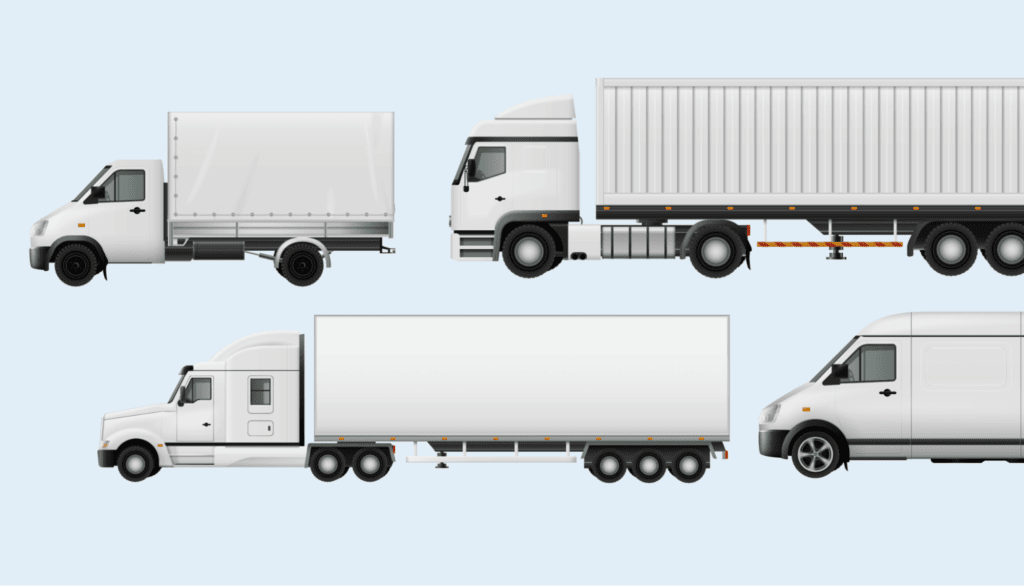Commercial vehicles are undoubtedly the lifeblood of our economy. They transport goods and allow people to cross vast distances. From the delivery trucks bringing your online orders to the massive rigs hauling building materials, these vehicles play a crucial role in keeping businesses running and society functioning. But what exactly defines a commercial vehicle? Or how do they even regulate? Let’s look into this today and get the answers to these questions.
What Is a Commercial Vehicle?
You can use the term ‘commercial vehicle’ in its everyday terminology and the legal context. Any automobile applied for business purposes is considered commercial. This could include company cars, landscaping trucks, or even your car if you use it to do Uber or Lyft.
However, the definition can be more restricted legally depending on the country in which you are located. Here are some standard criteria:
- Gross Vehicle Weight Rating (GVWR): This is the maximum load a vehicle can carry, including the vehicle mass. There is a specific weight limit above which you can generally consider vehicles commercial: 10,001 pounds in the United States.
- Passenger Capacity: Those manufactured to carry over a particular number of people, say fifteen or more, are classified as commercial, even if they are not hired out for a fee.
- Hazardous Materials: Commercial vehicles include cars that convey dangerous goods such as chemicals or explosives, whether small or used for business purposes.
Is a Moving Truck a Commercial Vehicle?
This depends on the size and purpose of the moving truck. Here’s the breakdown:
- Rental moving trucks: These are usually intended for private use and have a GVWR below the commercial cut-off. So long as you are not using them for business purposes, such as moving services for hire or professional movers, they would not be classified as commercial vehicles.
- Large moving trucks owned by professional movers: Such trucks may exceed the GVWR or are used to carry bulky loads and are, therefore, classified as commercial.
Understanding Key Regulations for Commercial Vehicles
While regulations vary depending on your location, some key aspects apply broadly:
- Driver Licensing: A commercial vehicle sometimes demands a particular Commercial Driver’s License (CDL). CDLs are more rigorous than regular driver’s licenses since a CDL has more tests and requirements.
- Hours of Service (HOS): These regulations help to reduce the working hours of commercial vehicle drivers to avoid fatigue and, hence, accidents.
- Vehicle Maintenance: Commercial vehicles must be up to date and should be maintained regularly. Specifications describe the periodicity of checks and maintenance to guarantee automobile safety.
Partner with Let’s Start Moving for a Stress-Free Relocation!
Do you also need more time to move into a new house? Moving can be a stressful and overwhelming experience, especially when dealing with a company that doesn’t prioritize customer needs. Let’s Start Moving take the stress out of your move. Our team of expert professionals is bound to provide a seamless and stress-free relocation experience. Get a free quote today and discover the difference we can make.


